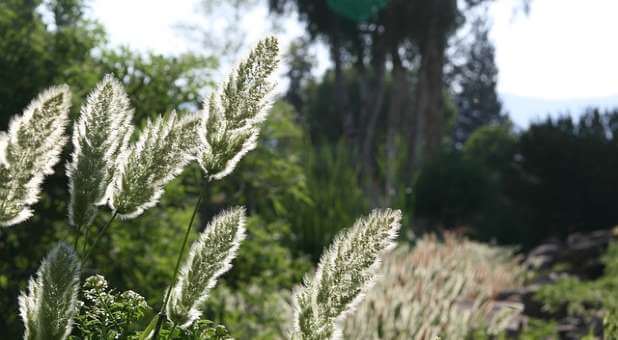According to the Bible, the new Jewish (biblical) year is 5782. That’s 5782 years since creation. As the moral compass for humanity, the Bible is full of laws and obligations. The Jewish people observe 613 commandments, most are imperatives of things to proactively do, and many are things not to do.
One of these proactive biblical obligations which the Jewish people observe is unique because of its duration—a whole year—and its location—the whole land of Israel. In the Torah, it’s called Shmita, the sabbatical year, and has multiple references in Exodus, Leviticus and Deuteronomy.
God commands the Jewish people to let the Land rest every 70 years. It’s like a Shabbat (Sabbath day of rest) for the whole land, for a whole year. When God gave the commandment to the Jewish people in the desert, they had not yet entered the Land, and most then wouldn’t. As strange as it was to receive a law about living in and cultivating the land while living on manna, what’s it like for the Jewish people living in Israel today?
Want to have a math lesson with your kids that connects them to the Bible? Divide 5782 by seven, and then talk about the results. But also talk about the modern significance of the idea of a sabbatical. It’s common for people in different professions to have a sabbatical. Farmers know that letting the land rest has practical implications. How much more so for our lives. The day of rest is a gift, so why not the year of rest? Or is it?
It’s also important to recall that the Bible not only tells us to let the land rest, but every seven years we free indentured servants, return the land to its original owners and forgive debts. It sounds like it might be a political platform today, but it’s really just one way through which God wants us to live as good people, having faith and reverence in Him and among fellow men.
But God isn’t only telling us “do this,” He’s actually making a promise through observing Shmita that gives us an opportunity to express ourselves and our faith in one of the most basic ways possible: through the food we grow (buy) and eat.
With the return and restoration of Jewish sovereignty to the Land, we saw two incredible things happen: first, the land started to flourish again as God promised. That became visible in the produce of the land, and the restoration of the observance of Shmita which more or less come back with the return of the Jewish people in the 1800s.
How is Shmita observed now? Many rabbinic issues have overlaid with modern issues making it fascinating and challenging at the same time. How can you connect with and participate in Shmita, even if you’re not Jewish and don’t live in the land? Listen to this episode of Inspiration From Zion on Charisma Podcast Network to find out. {eoa}
Jonathan Feldstein was born and educated in the U.S. and immigrated to Israel in 2004. He is married and the father of six. Throughout his life and career, he has been blessed by the calling to fellowship with Christian supporters of Israel and shares experiences of living as an Orthodox Jew in Israel. He is president of the Genesis 123 Foundation which builds bridges between Jews and Christians and writes regularly for a variety of prominent Christian and conservative websites. Inspiration from Zion is the popular webinar series and podcast that he hosts. He can be reached at [email protected].











































